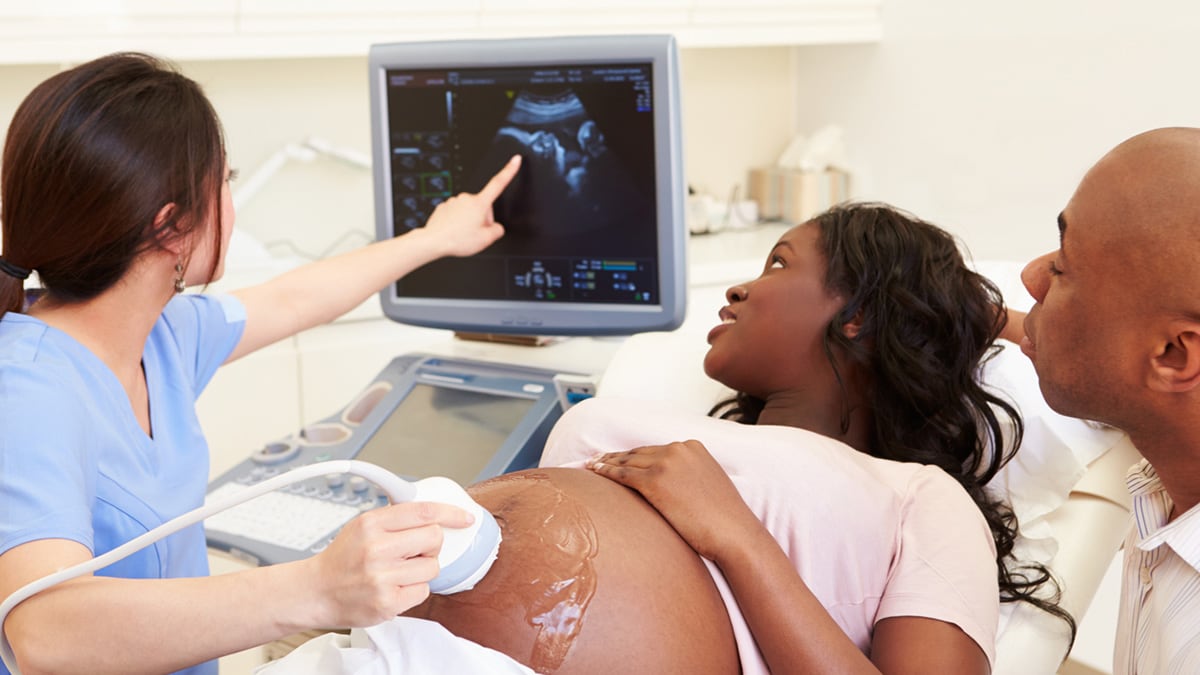Key points
- Birth defects can be diagnosed before pregnancy or after the baby is born.
- Prenatal screening tests can identify whether your baby is more or less likely to have certain birth defects.

Screening before birth
Some birth defects require special medical care after birth. Screening tests can help you and your providers prepare for any additional care you or your baby may need.
Talk to your provider about any concerns you have about screening tests or other testing during pregnancy (prenatal tests).
When to get screened
First trimester screening (11–13 weeks pregnant)
A combination of tests are offered in the first trimester to look for certain heart birth defects or chromosomal disorders. This includes a maternal blood test and an ultrasound.
The maternal blood screen is a simple blood test. It measures the levels of two proteins, human chorionic gonadotropin (hCG) and pregnancy associated plasma protein A (PAPP-A). If either protein level is abnormally high or low, there could be a chromosomal disorder in the baby.
An ultrasound creates pictures of the baby. The ultrasound for the first trimester screen looks for extra fluid behind the baby's neck. This could indicate a chromosomal disorder or heart defect in the baby.
Second trimester screening (15–20 weeks pregnant)
Second trimester screening tests include a maternal serum screen and a comprehensive ultrasound looking for structural anomalies. The second trimester ultrasound is usually completed around 18–20 weeks of pregnancy.
The maternal serum screen is a blood test used to identify increased risk for certain birth defects. It is known as a "triple screen" or "quad screen" depending on the number of proteins measured in the mother's blood. For example, a quad screen tests the levels of 4 proteins - AFP (alpha-fetoprotein), hCG, estriol, and inhibin-A.
During the second trimester ultrasound, providers check all the major structures of the baby's body. Providers also do a fetal echocardiogram. This test uses sound waves to check the baby's heart and can provide a more detailed image.
Screening results
A screening test can sometimes give an abnormal result even when there is nothing wrong with the mother or her baby. Less often, a screening test result can be normal and miss a problem that does exist.
If you receive an abnormal screening test result, your provider will discuss diagnostic test options.
